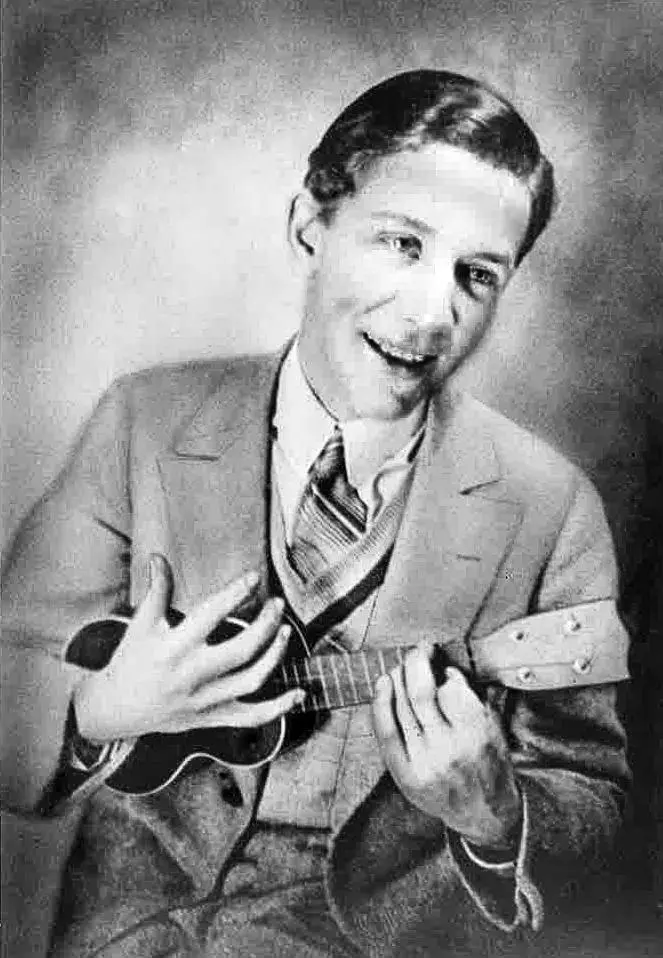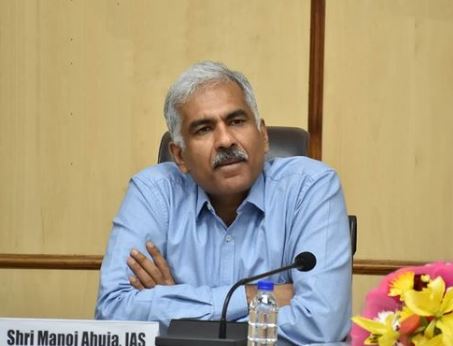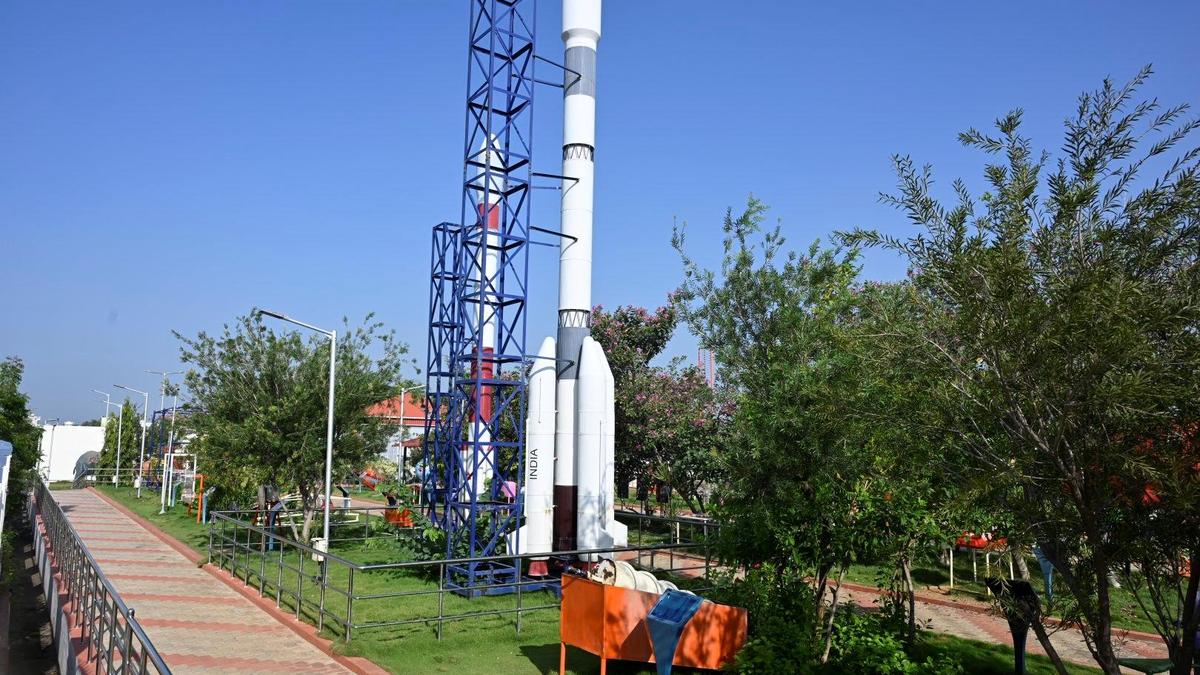Copyright Chicago Tribune

The tragic death of 19-year-old Homewood resident Lester J. Wolf in 1926 has gone national as an episode of the radio show and podcast “Our American Stories,” hosted by Lee Habeeb. At the time of his death, Wolf was an employee of the radio station WOK, an early station broadcasting out of Homewood. Bob Anderson, Wolf’s great-nephew and the president of the Homewood Historical Society, said Wolf was intensely passionate about the fledgling radio industry and its potential. In addition to being a radio technician, Wolf was also a performer going by Ukulele Les. “He was so fascinated by this new technology of radio broadcasting, and the electronic part of it, the electricity part of it, that he dropped out of high school in order to work at this radio station in Homewood,” Anderson said. “He was also a performer, he played the ukulele. He was a ham, according to what my grandmother told me. She’s the only living relative that I ever met that knew him, it was his sister-in-law. She goes, ‘Lester was the life of the party.'” However, that bright life was cut short on July 10, 1926. The civilian radio industry was less than 10 years old. “There were no newsrooms to speak of. There were no music programs involving a disc jockey playing a record. There were music programs that were broadcast live, which was kind of the saving grace for this new industry at that time,” Anderson said. “It was really primitive programming. It was all a brand new medium.” WOK was receiving a live broadcast from the ballroom of the Chicago Beach Hotel, which was a luxury hotel at the time in Kenwood. “At one point, the people at the venue exploded in such large applause that it literally knocked the station back in Homewood off the air, because it blew a fuse,” Anderson said. Wolf volunteered to go replace the blown fuse. In his haste, he didn’t turn the transmitter off before switching out the fuse. “It was either right away or virtually right away,” Anderson said. “This 19-year-old kid trying to go the extra mile to help things out when things went bad during a live broadcast became a victim of the primitive equipment and his own human error.” Anderson gave a presentation about Wolf’s story to the Homewood Historical Society in May. Jon Elfner, a high school history teacher at Homewood-Flossmoor Community High School and regular contributor to “Our American Stories,” later heard about that presentation from Anderson and wanted to bring the story to a wider audience. “I immediately saw the appeal of that, particularly for a radio show,” Elfner said. “It felt very worthy for more than just local history.” The effects of Wolf’s sudden death were far-reaching for the new industry. He was the first radio operator to die on duty, Anderson said. “Lester Wolf died in the earliest days of radio, just as it was being established. One of the reasons he died is because radio was barely regulated, and therefore very dangerous,” Elfner said. “Somebody really devoted dropped out of high school to be a radio technician because he loved the technology so much, and put his life into keeping a radio station on the air and ultimately it cost him his life. “And he’s one of many, many, many, many pioneers in radio, but when he died the radio community nationally knew about it, because this was a big deal, for someone to die in the service of radio, and pointed out a lot of the danger that went into this new medium.” Anderson said there was an outpouring of grief and support from the radio community nationwide. A New Yorker named Charles Isaacson contacted WOK asking for permission to raise money to support Wolf’s family and to fund a monument commemorating him. The family declined the money, but supported the idea of a memorial. “In that original telegram, seeking permission to raise the money, he said, we want to do a memorial to the First Martyr to Radio, Lester J. Wolf,” Anderson said. “So that’s where the moniker came from.” In a final twist to the story, though, nobody knows what happened to the money raised, which Anderson said was close to $10,000. The family never received anything, and no memorial was ever built. In 1926, $10,000 would be the equivalent of over $182,000 today. Wolf is buried in Homewood Memorial Gardens, in a family plot. “On his tombstone, it references that he was killed while on duty at station WOK. The First Martyr to Radio, Lester J. Wolf, lived 1907 to 1926,” Anderson said. The Our American Stories episode aired last week, on Oct. 23. It is now available for streaming online under the title “The First Martyr to the Radio: The Story of Lester Wolf” on all podcast platforms. elewis@chicagotribune.com



